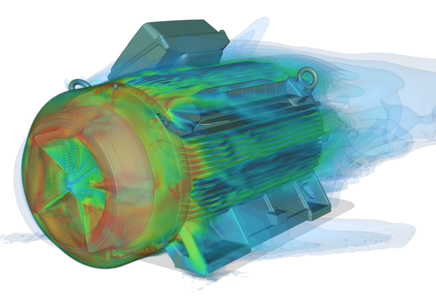The core activity of our team is to provide support to industry
One of the key tasks of the laboratory is development and implementation of new efficient methods for mathematical modeling of complex problems, particularly in the fields of structural mechanics, fluid mechanics, and molecular simulations. Apart from developing our in-house open-source codes such as ESPRESO, BEM4I, MULTIDYN, and lib4neuro, we are involved in customized development and implementation of methods extending the functionality of our partners' codes. In the field of scientific and engineering computing, our team has deep knowledge as well as vast experience in solving engineering problems with methods of numerical simulations using HPC infrastructure. For external partners, there are several possibilities to cooperate with us in both basic and applied research.
Portfolio
Development and implementation of parallel algorithms
We are involved in the development and implementation of new efficient methods for solving computationally intensive numerical simulations in the following fields:
- mechanical engineering,
- civil engineering,
- the power industry,
- biomechanics.
To solve problems using numerical modeling and simulations, it is always necessary to choose the most suitable tool with respect to efficient use of HPC infrastructure. Open source tools have a number of advantages for solving complex problems such as relatively easy adjustability and very good scalability. For solving complex engineering problems by means of HPC, we develop ESPRESO , a massively parallel open-source tool. In its development, we apply our vast experience in solving complex industrial problems while combining the advantages of available commercial as well as open-source tools.
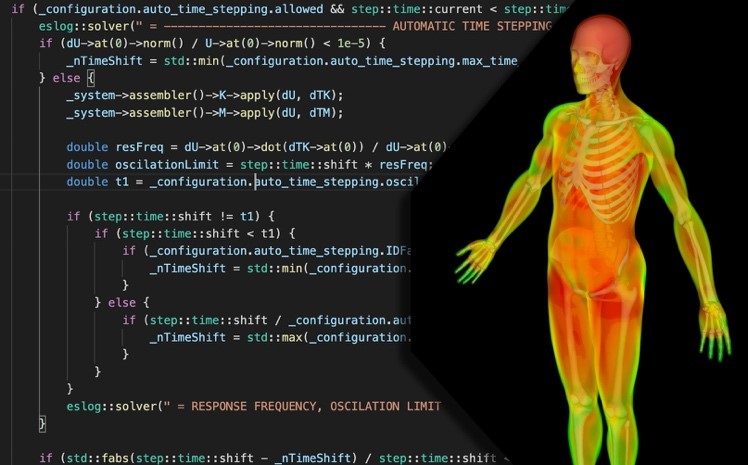
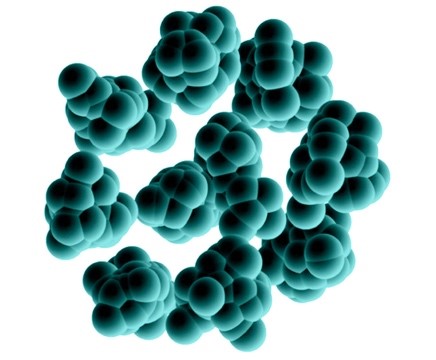
Molecular simulations
Use of HPC methods in modeling the structure and thermodynamics of atomic and molecular complexes, study of elementary precipitation processes, numerical modeling of molecular interactions, and use of mathematical as well as artificial intelligence methods in quantum chemistry. The research activities of the research group also include their close cooperation with renowned foreign institutions such as Université Toulouse III Paul Sabatier, Université Paris-Est Marne-la-Vallée, and Instituto de física fundamental, CSIC, Madrid:
- nonadiabatic molecular dynamics methods,
- classical Monte Carlo methods,
- Quantum Monte Carlo methods,
- mathematical methods in quantum chemistry,
- efficient representation of molecular interactions (artificial intelligence methods).
Computationally intensive modeling and simulations
An antibacterial component for medical applications and sanitary purposes is being developed in cooperation with University Hospital Ostrava, department of facial surgery. Metal oxides captured on a clayey particle for application in the electronics industry and medical field are produced through reactive grinding and a mechanical-chemical method

Development of automated numerical simulation tools
We offer customised development of automated computing tools based on third-party open-source products such as OpenFOAM, Code_Saturne, Code_Aster, Elmer, and Calculix. We are able to adjust these packages so that they can be used to solve a particular problem automatically with minimum user requirements. Furthermore, we are able to develop a full customised methodology to solve a given problem using open-source products. This will enable companies to use these open-source products in their R&D activities.
Complex static and dynamical analyses
We focus on solving problems of structural mechanics and perform a wide range of analyses:
- Geometric and material nonlinearity problems, contact problems, and non-homogenous boundary value problems,
- Kinematic and dynamic simulations of solid systems,
- Determination of the thermal-force coupling deformation critical point,
- Calculations of vibration eigen-frequencies and shapes,
- Vibration propagation in structures,
- Thermal and thermostructural analyses with nonlinearities, relaxation, and material flow,
- Shape and material optimization,
- Structural optimization with respect to limit stress states, deformations, and stability.
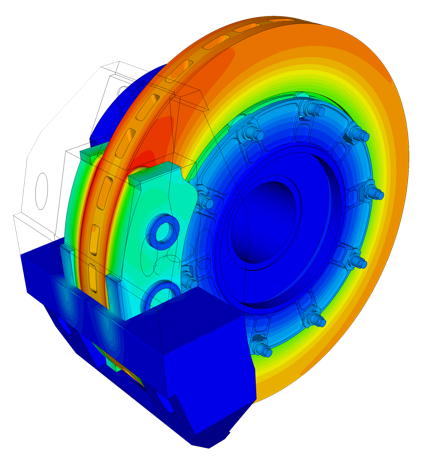
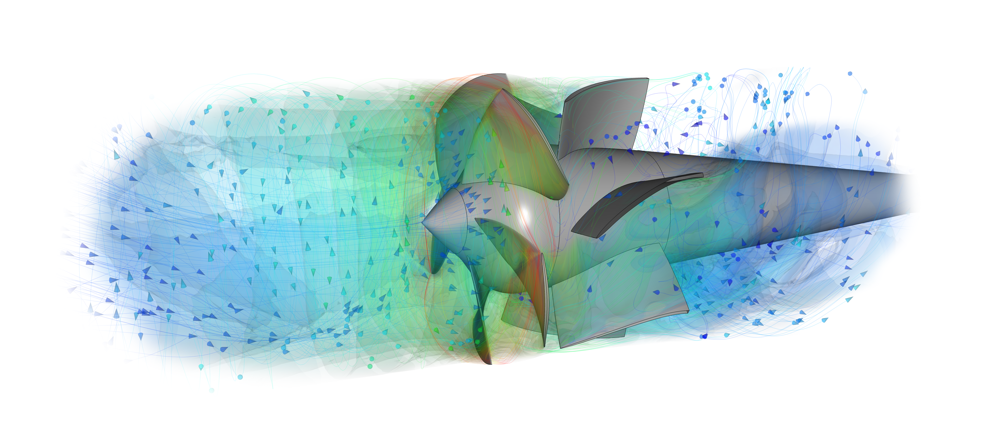
CFD simulations
The laboratory portfolio of solutions to fluid mechanics problems is also quite wide, offering our partners support in the following fields:
- External aerodynamics,
- Aeroacoustics,
- Thermodynamical simulations,
- Compressible and incompressible flow,
- Free surface flow simulations,
- Burning and combustion processes.

